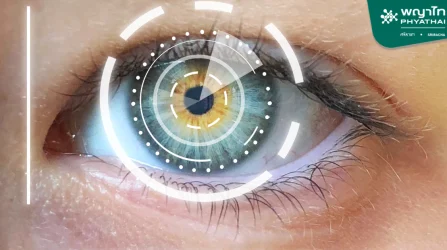For further information or Booking..
Have you ever heard the saying, “A smile is the window to the heart”? That’s because a smile can convey emotions and feelings. When we have a confident smile, it makes us charming. If you have lost teeth and confidence, you can now take a deep breath and relax! That’s because we have high-quality materials to help restore your teeth and make them beautiful again, and that’s called “dental implants.”
“Dental implants” as an option for tooth loss
Dental implants are new roots that replace lost teeth. They use the closest material to natural teeth, which is titanium, and are implanted into the jawbone beneath the gums. The dental implants work together with the jawbone once they are fully integrated, and they provide support for artificial teeth. The artificial teeth, or dental crowns, attached to the dental implants, will not move or slip from their intended position. Implanting dental roots gives a more natural sensation compared to traditional dentures or bridges.
Who is suitable for dental implants?
Dental implants can be performed on anyone who has lost their natural teeth, regardless of age. Even elderly individuals can undergo the procedure. Dental implants not only help restore teeth to their original state but also improve speech and chewing ability.
The three essential parts of dental implants
- Dental implant fixtures are made of titanium and resemble tooth roots. They are embedded in the jawbone and can be securely attached to the jawbone without causing inflammation or any side effects.
- Abutments are components that connect to the dental implant fixtures to support the dental crowns.
- Dental crowns are the visible part of the teeth, made of metal or ceramic. They resemble natural teeth and provide efficient functionality. Dental crowns can be used for anyone who has lost their natural teeth.
Steps for dental implantation
- A dentist will conduct an examination and X-ray to assess the condition of the jawbone above the gums to determine if it is suitable for dental implantation. If it is insufficient, bone grafting may be necessary to provide enough bone support for the implants.
- Then, the dental implants are placed into the jawbone, and a healing period of approximately 3-4 months follows to allow the implants to integrate and become sufficiently strong.
- A gingival former is placed to shape the gums around the artificial teeth, and a healing period of 10-14 days follows to ensure the gums have the desired shape. If the dental implants are assessed to be adequately strong during the implantation process, the gingival former can be placed at the same time as the implants.
- The abutments are then attached to the dental implants, and dental impressions are taken to proceed with creating the dental crowns.
- Finally, after approximately 10-14 days, the dentist will place the dental crowns, which will have a beautiful and natural appearance, and they will function effectively.
How to take care of yourself after dental implantation
In reality, the care required is similar to general oral and dental care. It is important to pay special attention to cleaning the implant area and the surrounding gums. Using dental floss is recommended to effectively remove food debris. Regular dental check-ups should be conducted at least twice a year.
Advantages of Dental Implants
- Dental implants have the highest resemblance to natural teeth in terms of beauty and functionality.
- No need to grind adjacent teeth compared to dental bridges.
- Implants are embedded in the jawbone, which helps maintain the stability of the jawbone and prevents bone loss, similar to natural teeth.
- They can replace missing teeth without affecting the adjacent teeth.
- They provide better convenience and safety compared to removable dentures.
- Disadvantages of Dental Implants
- The treatment process takes approximately 3-4 months to allow the complete integration of the implant with the jawbone for optimal functionality.
-
For further information or Booking..






















